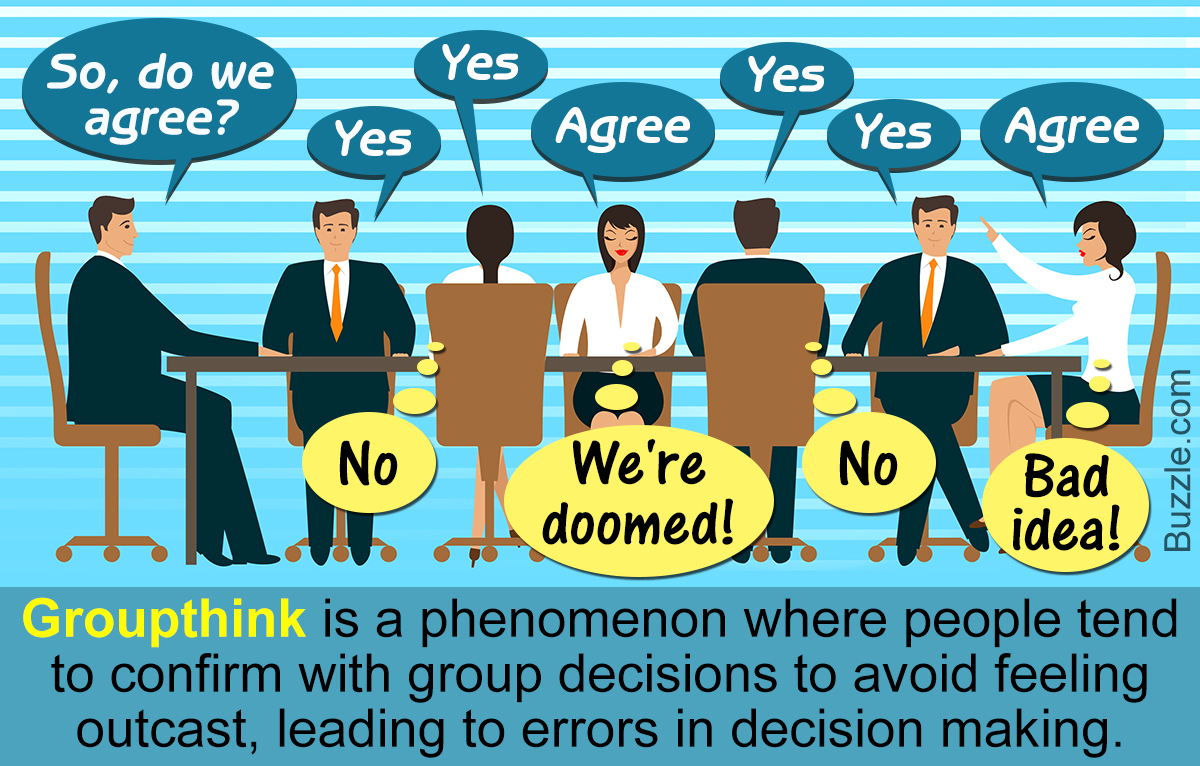9.3 Conformity, Compliance, and Obedience
4 min read•june 18, 2024
Sumi Vora
Haseung Jun
Dalia Savy
AP Psychology 🧠
334 resourcesSee Units
Conformity
Since humans are social animals, much of our behavior is dictated by us trying to fit in with the crowd. Conformity is adjusting our behaviors or attitudes to mold to a group standard.
- Informational social influence is based on our assumption that the group is smarter than the individual 🧠; we conform because we want to be accurate and we accept others’ versions of reality.
- On the other hand, normative social influence is just wanting to fit in; we conform because we want to avoid rejection and/or gain approval 💯
One great example of social influence is the Asch Experiment, conducted by Solomon Asch, during which subjects were asked to look at an image and determine which line was longer. The first four “test subjects” were in on the experiment. At first, they answered correctly, and so did the test subject.
However, when all of the participants purposefully answered incorrectly, the real test subject would also answer wrong, even though the correct answer was obvious. When interviewed afterwards, the subjects said that they answered incorrectly because they didn’t want to be ridiculed or seem “weird.” Asch also discovered that if just one person answered correctly, the subject was much more likely to answer correctly.

Asch Experiment, Image Courtesy of Wikipedia.
Influences on Conformity
There are several factors that increase the likelihood that we conform. We are more likely to conform when:
- 😕we are made to feel incompetent or insecure
- 🤝we are in a group with three or more people
- 🤗we are in a group where everyone agrees
- 😍we admire the group’s status or attractiveness
- 🤔we have not made a prior commitment to any response
- we are from a culture that strongly encourages respect for social standards (collectivist cultures)
Unconscious Conformity
Because conformity is so ingrained into our nature, we often do it without even thinking. Automatic mimicry is unconsciously imitating others’ expressions, postures, and voice tones 🔊 It helps us empathize by causing our brains to mirror others’ emotions. This is why you may have heard that if you mirror someone’s expressions, they’re more likely to be fond of you. Engaging in automatic mimicry is also called the chameleon effect 🦎
Groupthink
Groupthink occurs when people’s desire for harmony in a group causes them to suppress or self-censor dissenting opinions ☮️ This leads to unrealistic thinking patterns.
One of the most famous examples of this is the explosion of the Space Shuttle Challenger. On the day that the shuttle was about to launch, NASA received a warning that one of the parts of the rocket might malfunction. However, due to pressure from NASA executives to carry out the launch, the whole group agreed to take the risk and launch the rocket 🚀, which led to the tragic disaster. Groupthink can be prevented when a leader welcomes many options and viewpoints into a discussion.

Image Courtesy of Psychologenie.
Compliance
Compliance is following instructions or requests 🙋
To Recall
One aspect of compliance is the foot-in-the-door phenomenon, where people tend to comply with a large request if they have first compiled to a small request. The most famous example of this is in China, where American prisoners of war were more likely to give interrogators valuable information if they were first asked to pick up a pencil for the interrogator ✏️
On the other side is the door-in-the-face phenomenon, where people who first refused a large request were more likely to agree to a small request. Both of these tools are pretty powerful, so please use this knowledge for good, not evil :)
Roles
In social situations, we often adopt a role, a social position that comes with a set of norms, and we adapt our behavior and attitudes to fit our role. The Stanford Prison Experiment ⛓️️ (Zimbardo 1971) was influential in studying just how big of an impact our roles have on us.
Image Courtesy of Stanford University Libraries.
When randomly assigned to behave like prison guards or prisoners, subjects adopted that role to the point where guards became abusive to prisoners and prisoners planned a rebellion against the guards (even though subjects were allowed to opt out at any time). This emphasizes the power of role play.
Obedience
Obedience is very similar to compliance, but it requires that the person who's giving orders or instructions be in a position of authority. This goes back to informative social influence: we accept the authorities’ version of reality because we trust that they are more accurate. The Milgram Experiment is a very famous demonstration of how people will obey authority figures even when they disagree.
Subjects were instructed to sit in a chair and ask a learner, who was actually working with Milgram, to list pairs of words. If the learner got it wrong, a scientist would instruct the subject to deliver an electric shock to the learner. Milgram discovered that over half of the participants would deliver what they believed to be a fatal shock to the learner, showing that humans have very strict obedience to authority. This experiment is very unethical.
Milgram also found that obedience is highest when:
- The person giving the orders was close at hand and perceived to be an authority figure 👮
- The authority figure is associated with a prestigious institution
- The victim is depersonalized and/or at a distance
- There are no role models for defiance
🎥Watch: AP Psychology—Persuasion and Group Phenomenons
Browse Study Guides By Unit
🔎Unit 1 – Scientific Foundations of Psychology
🧠Unit 2 – Biological Basis of Behavior
👀Unit 3 – Sensation & Perception
📚Unit 4 – Learning
🤔Unit 5 – Cognitive Psychology
👶🏽Unit 6 – Developmental Psychology
🤪Unit 7 – Motivation, Emotion, & Personality
🛋Unit 8 – Clinical Psychology
👫Unit 9 – Social Psychology
🗓️Previous Exam Prep
📚Study Tools
🤔Exam Skills

Fiveable
Resources
© 2025 Fiveable Inc. All rights reserved.